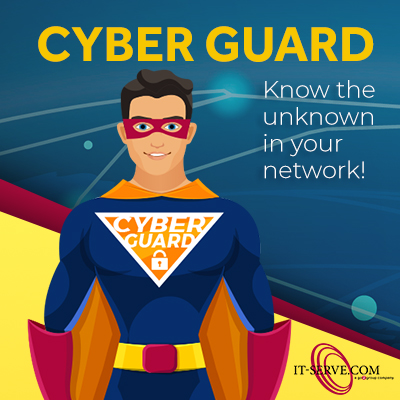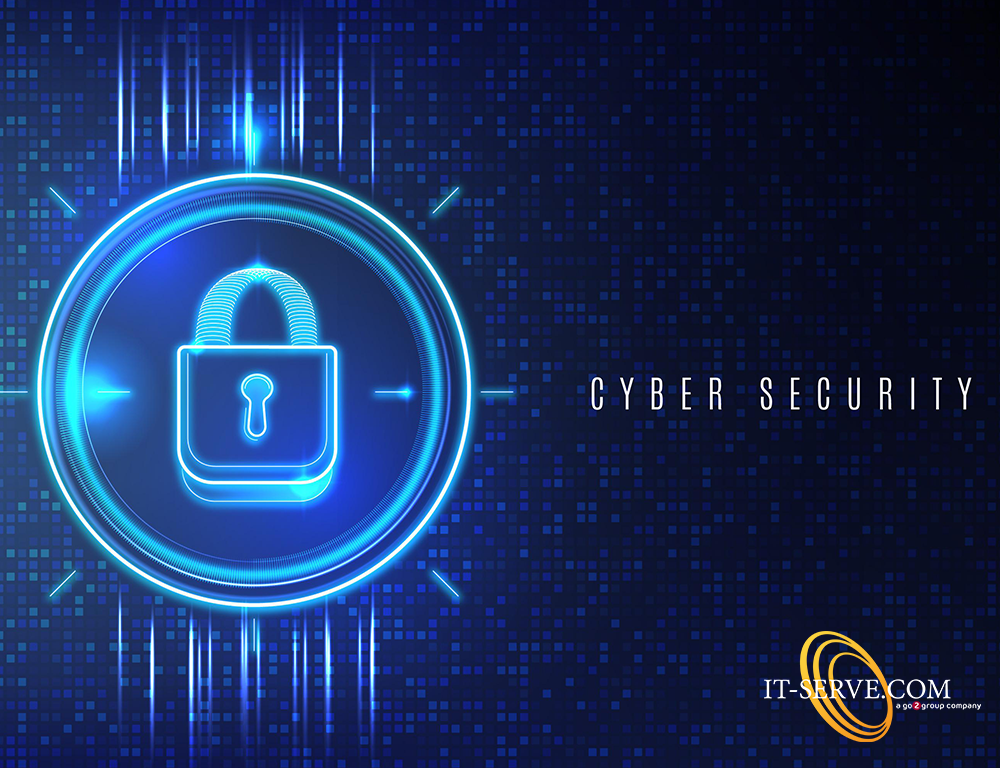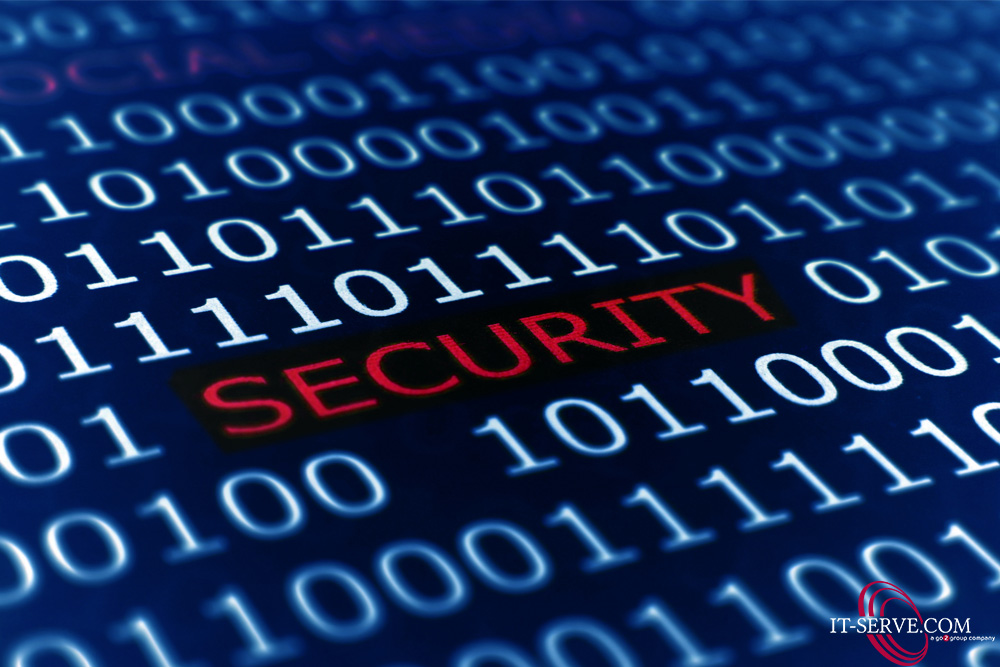
The internet is arguably one of the best and most useful resources one can have at their disposal in the modern world. However, below the surface lie hackers, viruses, scams and all sorts of dangers that prey on seemingly vulnerable users. While it may seem a bit daunting, it’s almost impossible for the average person to get through their normal day without using the internet at some point. So how can we safely browse online without falling victim to these pesky hackers and their many elaborate cyber security threats? Listed below are five cyber safety tips and practices that you can start using today to stay one step ahead of potential threats you may encounter online.
Think before you click
One of the most common tactics a hacker uses to exploit their victims is tricking them into clicking on misleading links which instantly download malware onto your device. When malware is on your device it can slow the device down, steal information and compromise any other apps or programmes as well. Spontaneous malware downloads can be avoided if users stay more vigilant and think twice before clicking on links on the internet. Remember, if a link or an app download even looks remotely suspicious, do not click on it. Consult your company IT professional and ask them for their opinion.
Secure Passwords
This tip is something that has been repeated several times throughout the internet, but it’s quite possibly one of the most fundamental and important ways to ensure your security online. Longer and complex passwords with numbers, signs, capital and simple letters, make it increasingly more difficult for hackers to break through. Additionally, it’s also important to use different passwords for different accounts. A lot of people have formed the habit of having one common password for all their login credentials, however this is a major cyber security weakness. If a hacker were to figure out the password for one of your accounts, they would essentially have access to all your data from all your accounts. If you struggle to remember several different passwords, a password manager will help you manage and securely store all your passwords.
Protect your mobile device
When people think of cyber security, they usually think of protecting themselves and implementing cyber security protocols only on their desktop or laptop. However, that’s not the case anymore. As of October 2016, mobile users began to surpass the number of desktop users on the internet. And this trend has only increased with the years that have gone by. That being said, since there are more mobile than desktop users on the internet, it’s only natural for hackers to begin targeting mobile users as well. Always ensure that your Bluetooth is switched off when not in use, and you don’t automatically connect to public Wi-Fi networks when not necessary. Secondly, make sure that you only download apps from official app stores and you read plenty of reviews before you finally tap that download button. Lastly, always update your phone software promptly when an update is available so that your phone is equipped with the latest cyber threat security measures.
Shopping from secure websites
A secure website is one that has a padlock icon before their website address in the URL bar and ‘https’ instead of just ‘http,’ in the beginning of the web address. It’s important for any user, whether on mobile or desktop, to look out for these telltale signs of a secure website. These secure websites use a complex encryption program to encrypt any data a user may enter into their site, such as credit card details. If a website is not secure, it makes it very easy for a hacker to steal any data entered into the site. So before making an online purchase, always do so from secure websites to avoid putting your personal details at risk.
An up-to-date Antivirus
Investing in an antivirus is not always a sure-fire way of making your device 100% immune from cyber threats, however it does offer some protection and can alert you to potential cyber threats. Antivirus programmes act as the first line of defense against cyber threats, so having a reliable and updated one will help you steer clear of a lot of online dangers at face value. It simply provides an additional layer of protection for your device and also alerts you if anything you wish to download seems suspicious or hazardous.
To conclude, it’s always important to remember that no amount of cyber security protocols can always guarantee a 100% cyber threat evasion rate. These cyber safety tips can instead help us be more prepared and fortified against hackers and make it much more tedious and a lot harder for them to break through our defenses. Remember, the more cyber safety tips you put into practice, the safer you remain on the internet.



















